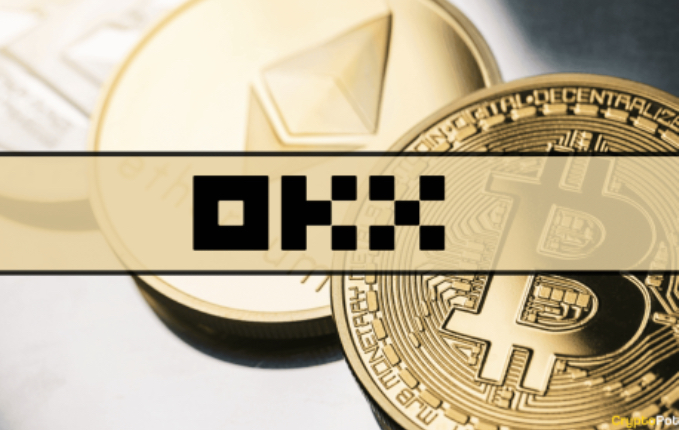The reserves do not contain OKX’s native token.
After the excessive turmoil in the crypto market triggered by the FTX liquidity and bankruptcy scandal, several crypto service providers began publishing their reserve funds.
Popular crypto exchange OKX released its third Proof-of-Reserves (PoR), in which it revealed holding “clean assets” worth $7.5 billion in BTC, ETH, and USDT.
In a statement, OKX’s Chief Marketing Officer Haider Rafique said,
“Security, transparency, and trust are core tenets of the OKX business process and customer service philosophy. We’ve already taken a leadership position by publishing our PoR monthly. As industry standards for PoR continue to take shape, we expect that our reserve asset quality will be one of many key differentiating factors for OKX in the market.”
OKX’s Third PoR Report
According to the latest data, OKX’s wallets held 123,914 BTC against a user balance of 117,682 BTC as of January 18th. The exchange is overcollateralized with a Bitcoin reserve ratio of 101%, unchanged since the PoR report last month.
Similarly, the reserve ratio for Ethereum stood at 105%, a slight increase from 103% over the past month. OKX held 1,178,993 ETH against a user balance of 1,233,714 ETH. At 101%, Tether reserves also remained unchanged. OKX held 2,979,866,301 USDT holdings against 2,955,696,824 USDT in user balance.
The exchange further revealed publishing over 23,000 addresses for its Merkle Tree Proof-of-Reserves program and will continue to use these to make viewing of asset flows accessible to the community.
Clean Assets
Citing blockchain analytics firm CryptoQuant’s findings, OKX assured the community this is the “largest clean asset reserves among major exchanges.” For context, CryptoQuant earlier stated that 100% of OKX’s wallets are clean. Contrastingly, it found that 87.67% of Binance, 60.1% of Huobi, 69.85% of Bitfinex, 81.26% of Kucoin, and 95.49% of Crypto.com are clean.
OKX explained that asset reserves are deemed “clean” when a third-party analysis establishes the reserves do not include a crypto exchange’s native token and constitute exclusively of high-market cap “traditional” crypto-assets such as Bitcoin, Ethereum, and Tether.
In the aftermath of FTX’s collapse, allegations of violating its own Terms of Service, as well as misusing user funds, have shaken investor confidence. Despite the trials and tribulations of the previous decades, OKX’s director of financial markets, Lennix Lai, said the cryptocurrency industry will “change the world.” The exec also said that OKX “has never misappropriated user assets before and never will.”

